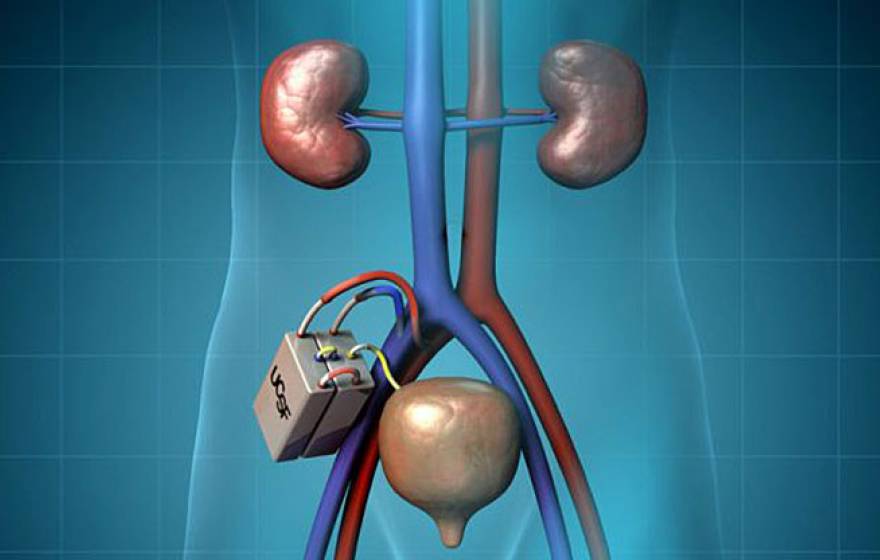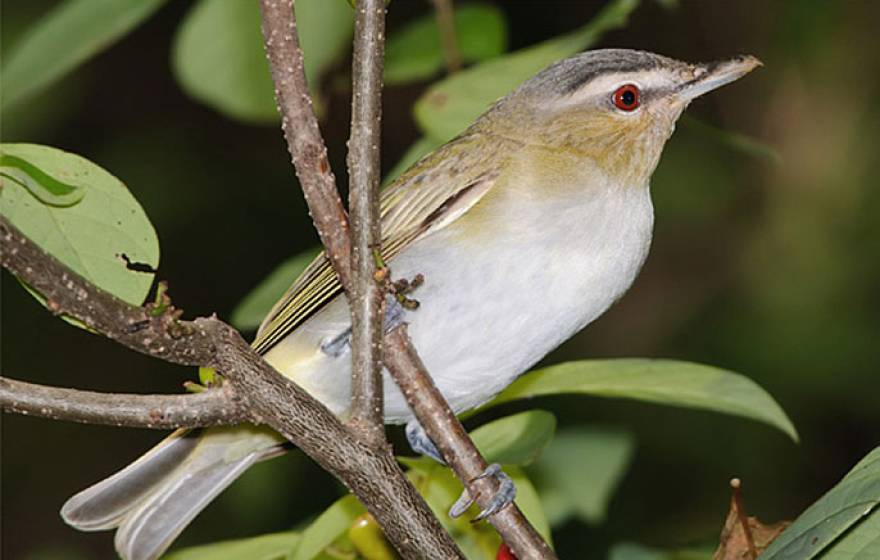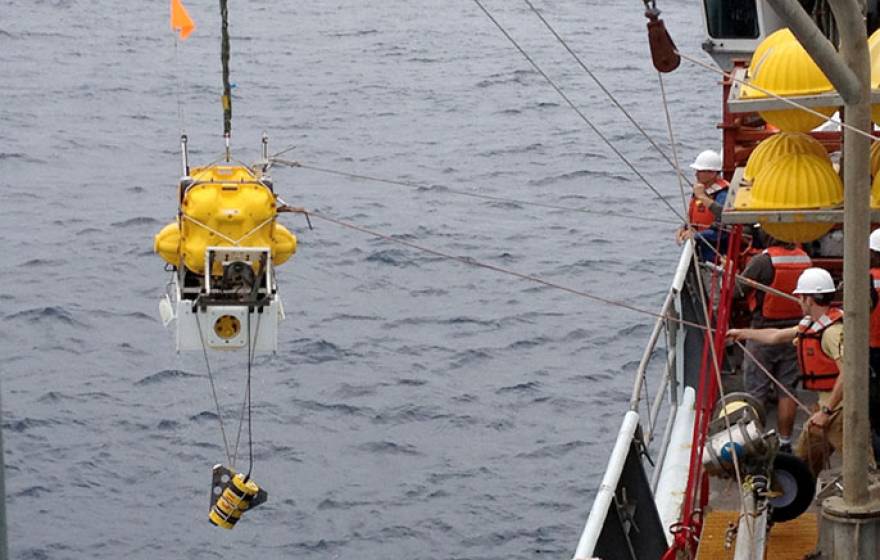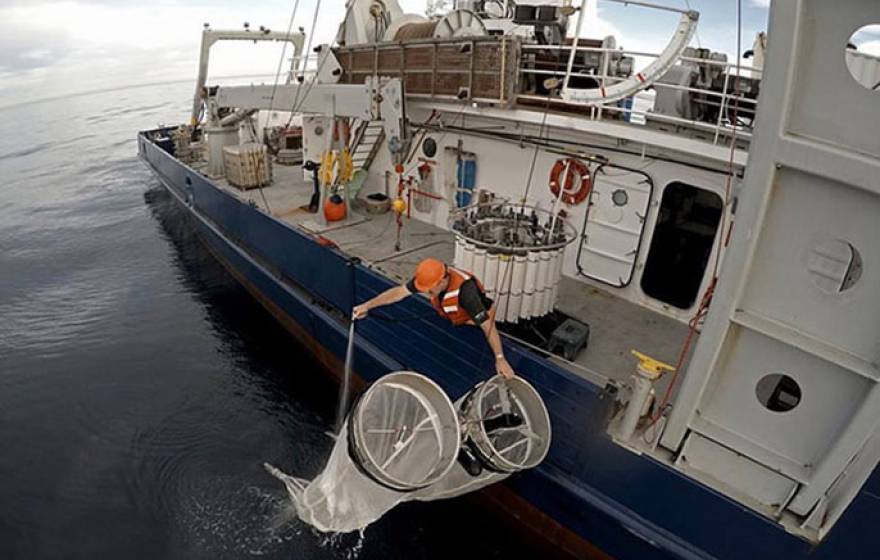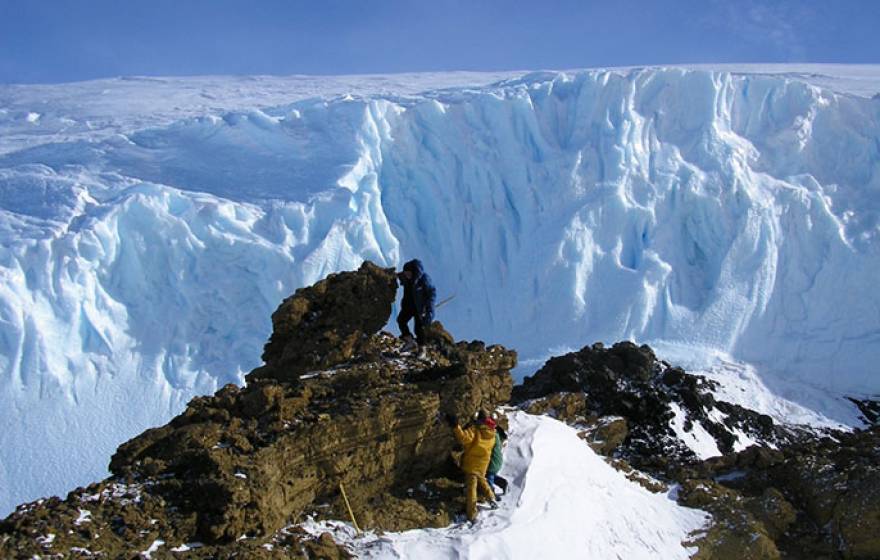UC Berkeley's roach-inspired robot is but one of a number of ways the much-maligned insect is influencing research.
Artificial kidney research gets a boost
Development of a surgically implantable, artificial kidney — spearheaded by researchers at UCSF and Vanderbilt — receives a $6 million federal grant.
West Nile virus killing millions more birds than previously thought
The findings are particularly alarming for birds with smaller populations, which can’t rebound like a large population can.
Scientists map source of Northwest’s next big quake
Ocean-bottom seismometers help explain the Juan de Fuca tectonic plate that causes megathrust earthquakes.
UC campuses to co-lead regional data science ‘brain trust’
NSF establishes four regional innovation hubs — including one led by UC Berkeley, UC San Diego and the University of Washington — to accelerate advances in data science.
California’s fish populations are declining
Two independent data sets show changing ocean conditions adversely impact fish off California.
When an earthquake is coming, how can you get even a little warning?
UC and other researchers say they are getting closer to giving people a crucial minute or two of warning before a significant temblor.
The coldest summer
A team of researchers in Antarctica is studying an ancient subduction zone to better understand the continent’s geologic evolution.
Sharing a husband may improve health, wealth of family
A UC Davis study finds polygyny — one husband, more than one wife — might benefit some families, especially those living in countries where food insecurity is an issue.
The Grand Challenge of combating depression
Genetic study of 100,000 people will be the largest ever on a single disorder.
So long, passwords: What will it take for us to trust biometrics?
Fingerprints, voice and facial recognition aren't foolproof. For biometrics to truly dislodge passwords, a different approach is necessary to make them more secure.
Unequal schools: the perpetuation of poverty
A researcher's own experience with learning disabilities led to devoting his research and writing to identifying inequalities in education and community-organizing for school reform.
